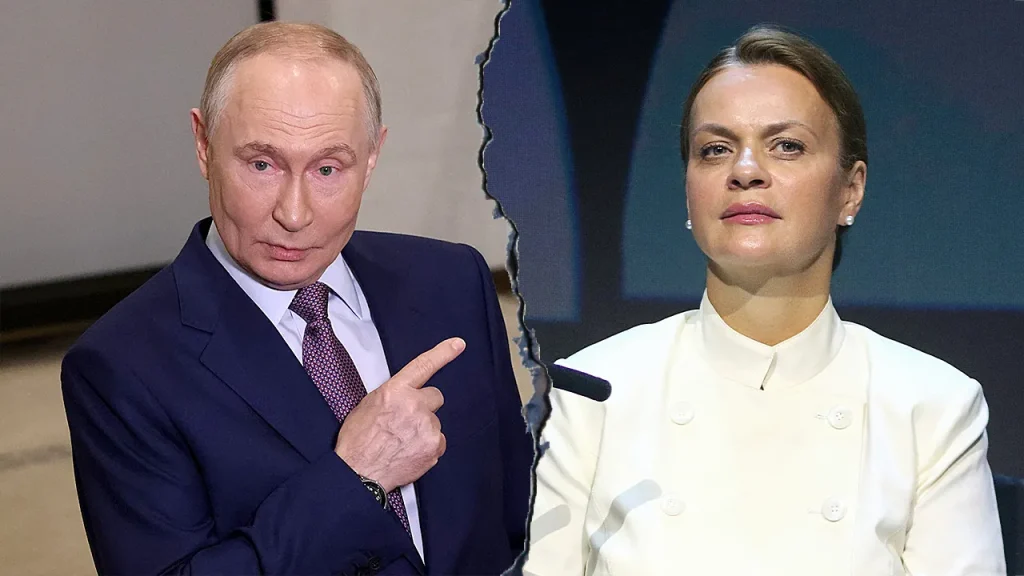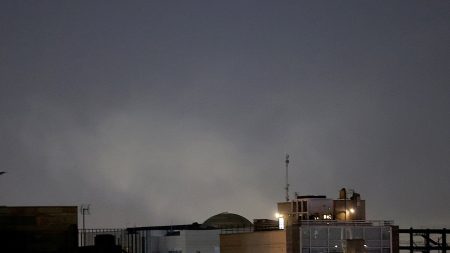Putin Tightens Grip on Power While Facing Internal Pressures and Aging Concerns
Russian President Vladimir Putin, now 73 years old and having dominated Russian politics for over two decades, is strategically positioning younger loyalists in key positions as he grapples with his own mortality and growing instability within the Kremlin. According to recent reporting by The Telegraph, Putin is “running out of cards to play” as he faces mounting pressure both domestically and internationally. This shift in strategy comes as the Federal Security Service (FSB) has opened a criminal case against exiled businessman Mikhail Khodorkovsky and 22 members of the Anti-War Committee of Russia, accusing them of plotting to seize power. Khodorkovsky, who previously spent ten years in a Siberian prison, founded the Anti-War Committee in 2022 after going into exile. John Herbst, Senior Director of the Eurasia Center at the Atlantic Council and former U.S. ambassador to Ukraine, described the situation bluntly: “the Kremlin is falling into paranoia.”
The carefully orchestrated succession planning reflects Putin’s awareness of his own aging and the need to ensure regime stability. Henry Hale, Professor of Political Science and International Affairs at George Washington University, explained that “all the people around him have started thinking about a world beyond Putin, so he has arranged his own elite in a really careful way, so there are no clear seams along which it would kind of rip apart.” This strategy includes elevating family members to positions of influence. One notable example is Anna Evgenievna Tsivilyova (née Putina), Putin’s first cousin once removed, who at 52 years old now heads the Defenders of the Fatherland Foundation, a state organization supporting Russian soldiers and veterans. She has also served as chair of the board of the Kolmar Group, one of Russia’s largest coal companies. These familial appointments represent Putin’s effort to build a younger generation of loyal leadership that can be seamlessly integrated into the power structure.
The need for younger, energetic leadership comes at a critical time for the regime. “Putin is worried about what happens as he ages, and if you don’t provide some opportunity for younger people to rise up, you know, then the regime might come under some pressure,” Hale noted. The strategy appears to be creating a new generation of leaders who can be trusted precisely because of their connections to Putin’s inner circle. “These people can be trusted because they’re related to people close to Putin, and they can also be young and energetic. The younger people are being brought up by the older generation, integrated seamlessly into the power pyramid,” Hale explained. This approach allows Putin to maintain control while preparing for an eventual transition that won’t threaten the system he has built.
The 2023 mutiny led by Wagner Group leader Yevgeny Prigozhin, who marched his fighters toward Moscow before suddenly standing down (and later dying in a suspicious plane crash), served as a stark reminder of the potential for internal challenges. Following this incident, the Kremlin has intensified efforts to silence opposition both at home and abroad. “Tensions remain within the elite and Putin wants to get rid of any possible risks,” according to Hale. “The 2023 incident was a warning from Putin to his own elite, his own inner circle, not to dare try anything. Putin and his people are watching each other carefully and so don’t try anything funny.” This heightened vigilance has created an atmosphere of mutual suspicion among Russia’s political elite, with everyone aware that missteps could be fatal.
Economic challenges further complicate Putin’s position. Western sanctions, declining oil revenue, and the ongoing costs of the war in Ukraine are pushing Russia toward a potential recession. The U.S. Treasury Department under former President Donald Trump sanctioned Russia’s two largest oil producers, Rosneft and Lukoil, increasing pressure on the Kremlin to end its Ukrainian invasion. Reports suggest the Russian government may need to raise taxes and increase domestic borrowing to address budgetary shortfalls. These economic pressures create additional instability that Putin must manage while maintaining his grip on power and pursuing his foreign policy objectives, particularly the war in Ukraine.
Despite these challenges, experts believe Putin’s regime remains relatively stable for now. “Putin has weathered the main crisis that the full-scale invasion of Ukraine brought Russia, which was the initial shock of the invasion and its failure to take Ukraine in a matter of days,” Hale observed. However, he also acknowledged the inherent uncertainty that comes with prolonged conflict: “But war brings uncertainty and there’s a risk of disastrous defeat, underperforming expectations. All the people around him start thinking about a world beyond Putin.” This balancing act—preparing for succession while maintaining absolute control, managing economic challenges while prosecuting a costly war, silencing opposition while appearing strong—defines Putin’s current strategy. While concluding that “Putin’s regime is fairly stable at the moment,” Hale’s analysis suggests that beneath the surface of apparent stability, significant stresses and preparations for an uncertain future are underway in Moscow.













